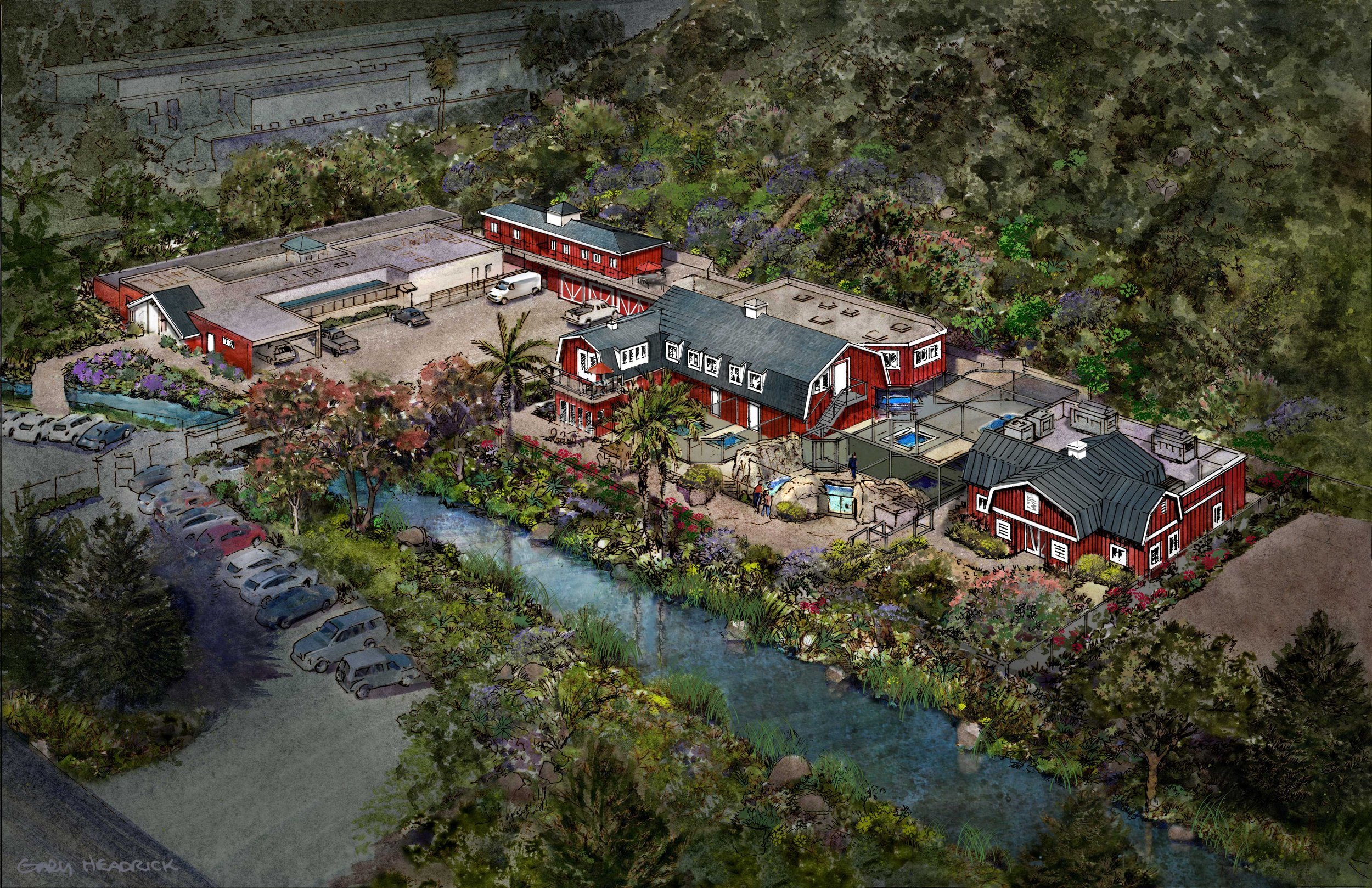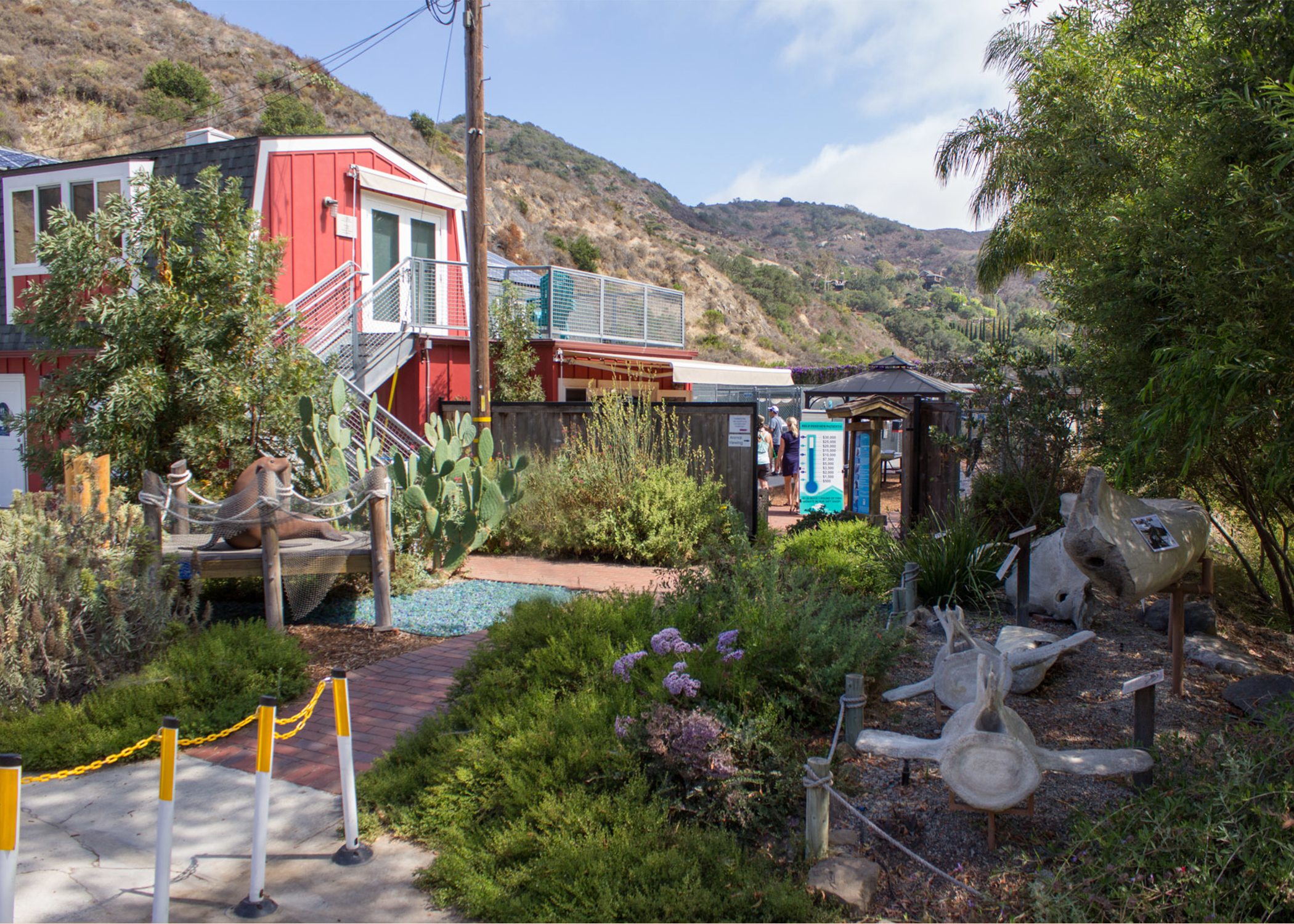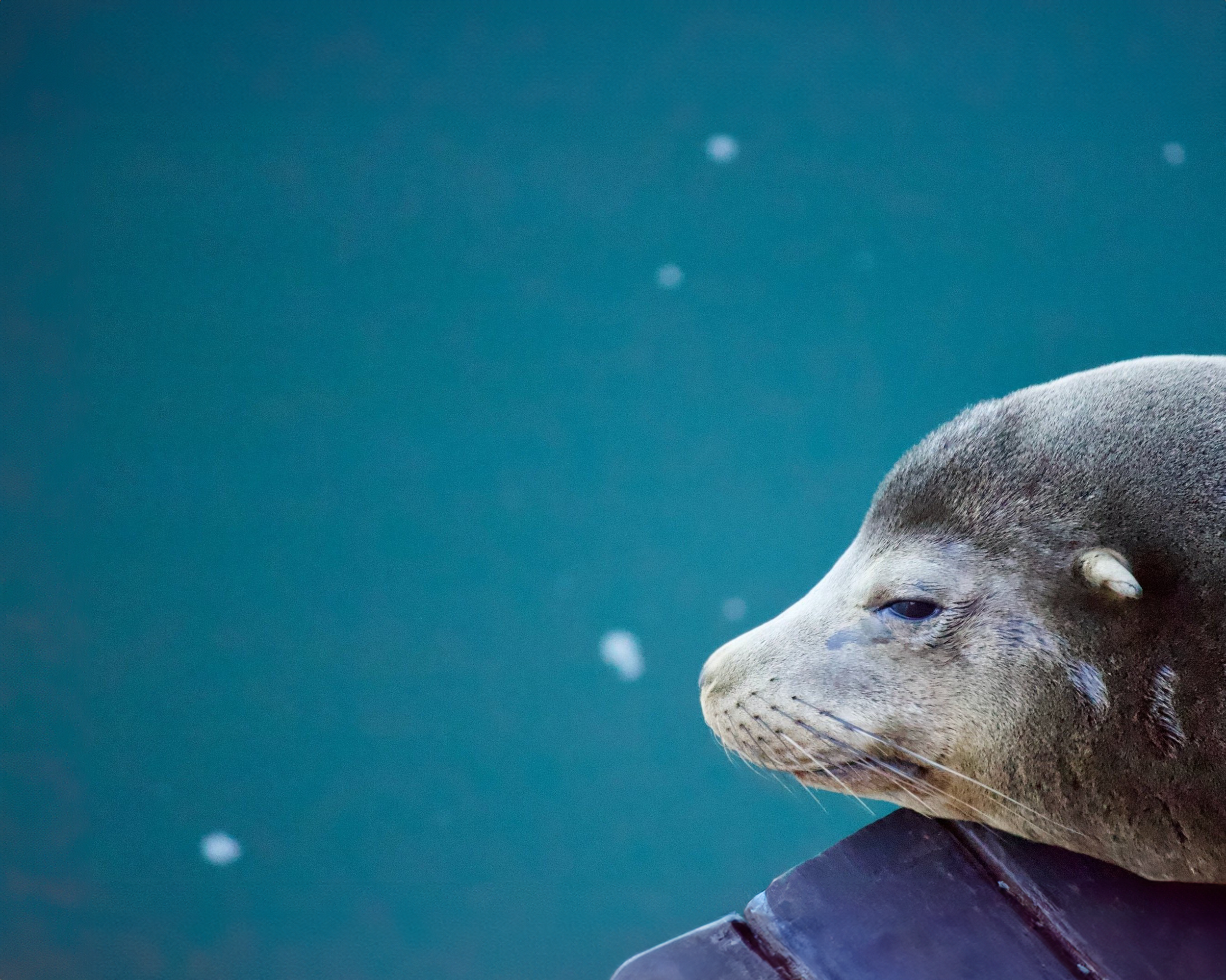
Plan Your Visit
WE’VE GOT SOME THINGS IN THE WORKS
Our visitor yard is currently closed to the public as we are expanding our facility. While we cannot physically welcome you to our center, we are excited to provide new ways for you to stay involved in our mission! Check out The Next Wave Campaign for details on our rebuild and stay tuned for construction updates.
What to Expect
When we reopen you will be able to visit our patients! We can’t wait to share PMMC’s mission of ocean stewardship and our work saving marine mammals.
Take a tour with our docents
Stop by our gift shop
Check out our interactive displays
See our new underwater viewing pools
Admission will be free and donations are always appreciated to continue our mission.
How to find us
PHONE
949-494-3050
We are located next to the Laguna Beach Animal Shelter and the dog park, 6 min from Laguna Beach. There will be free limited onsite parking. Look for the red barn!
The Pacific Marine Mammal Center would like to respectfully acknowledge that our center is located in the ancestral, traditional, and contemporary unceded lands of both the Tongva and Acjachemen (A-ha’-she-men) Peoples.
We strive to honor values we share with the Tongva and Acjachemen Peoples to reconnect with nature, the land, the ocean, the water, the plants, and the animals.
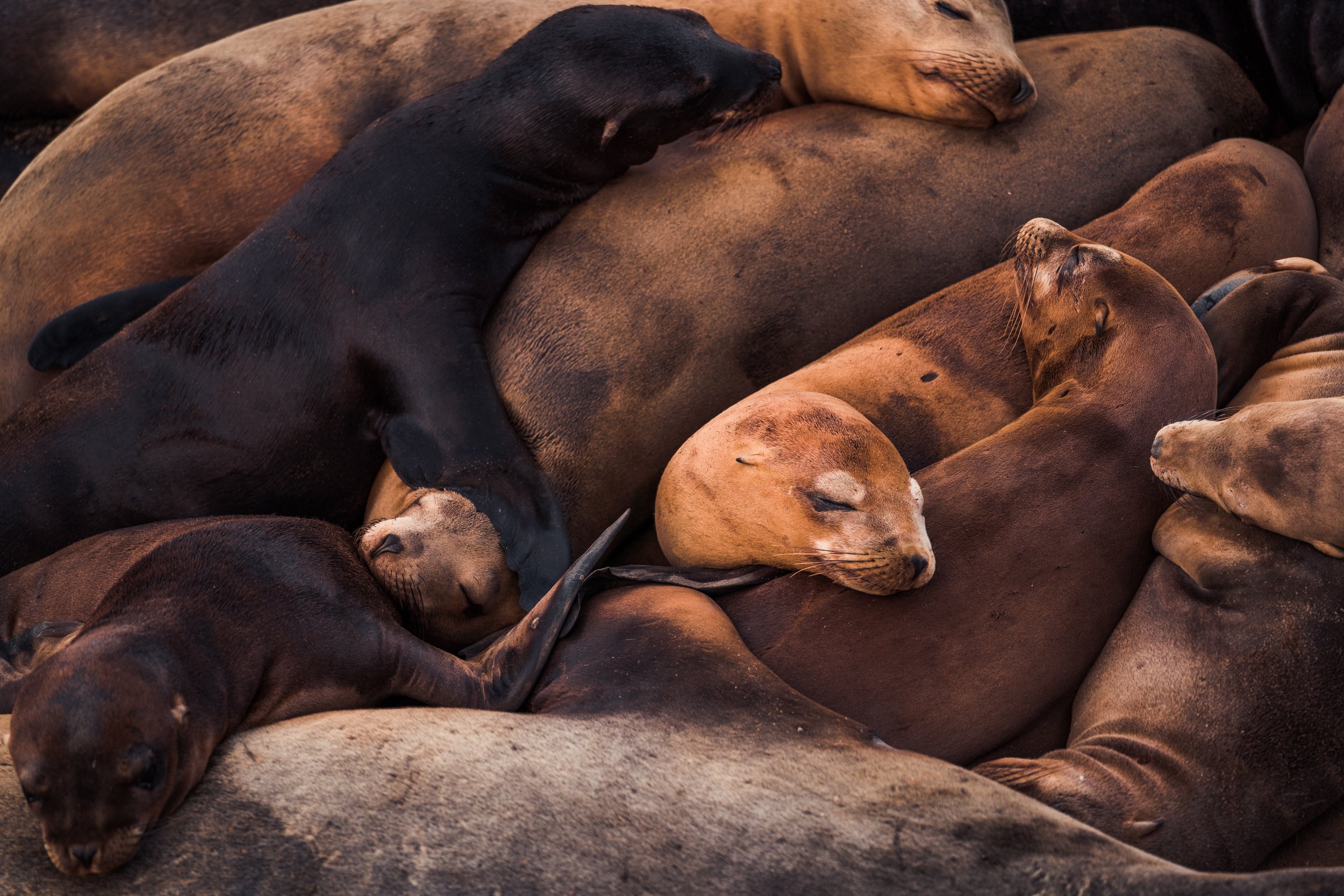
Happy Visitors
Our rescues can’t wait to see you!
We cannot wait to welcome you back to our center and share all of our new exciting improvements. Thank you for being a part of our mission.
